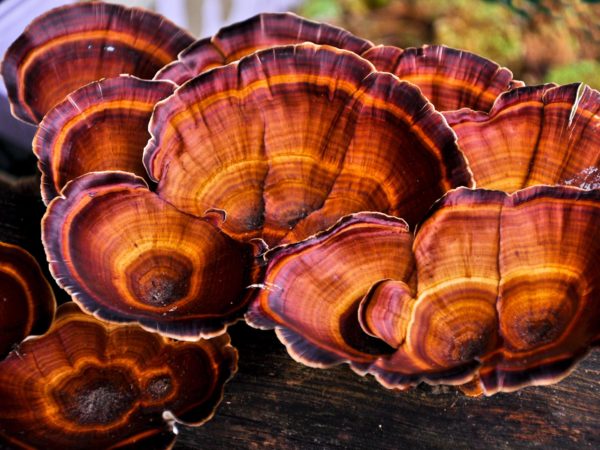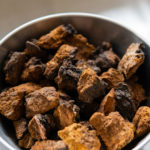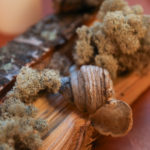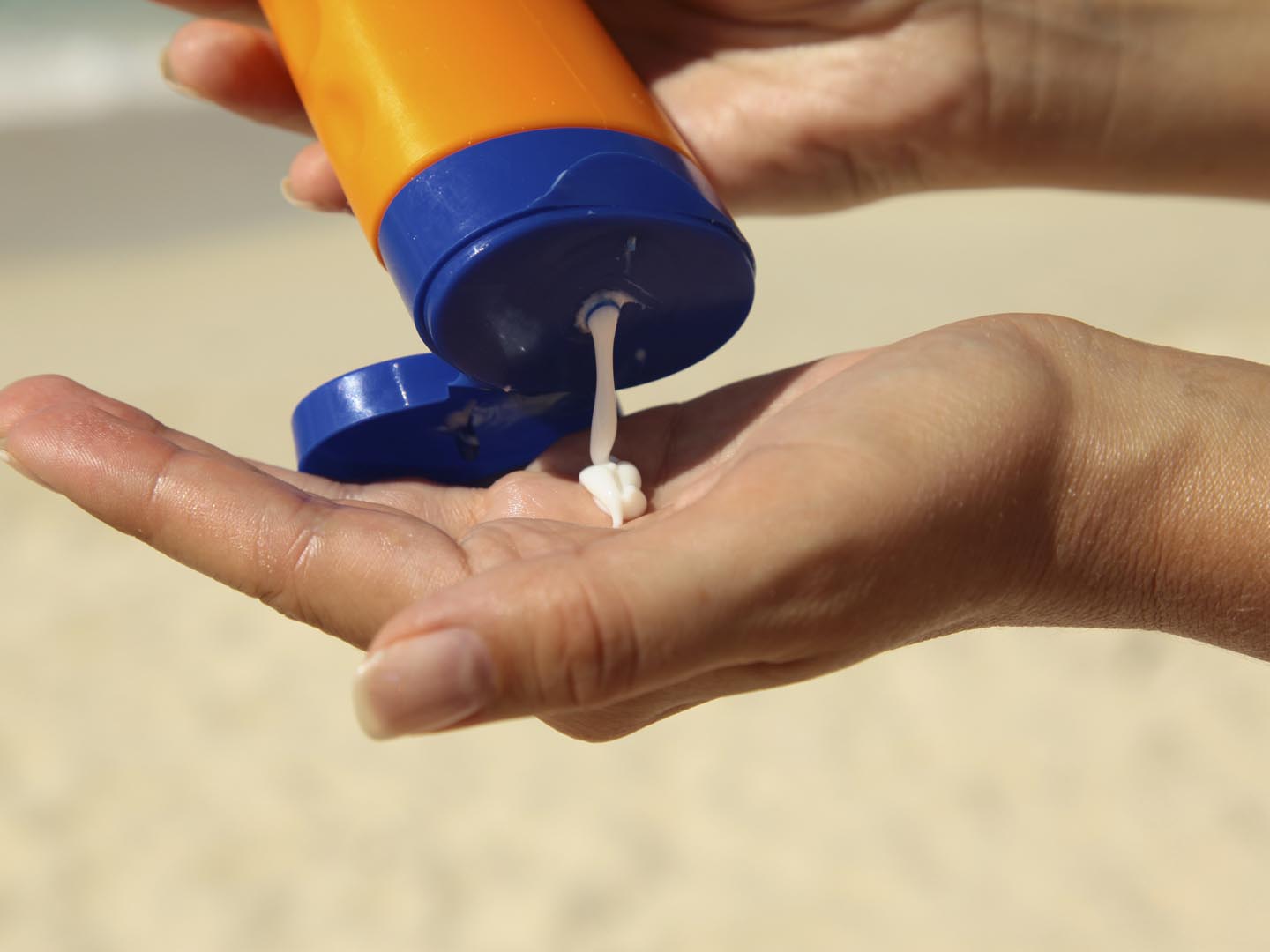Ready For Reishi Mushrooms?
Can you please tell me about the health benefits of reishi mushrooms? What’s the best way to consume them?
Andrew Weil, M.D. | March 16, 2018

Reishi (or ling zhi), also called the “mushroom of immortality,” is woody, hard and bitter and is strictly a medicinal mushroom, not a culinary one. These mushrooms have a long history of use in China, where they once were reserved for royalty to improve health and extend life. The earliest written mentions of them date from 221 to 207 B.C.
Reishi grows on dead or dying trees and seems to prefer hemlocks. It has a shiny reddish-brown cap that dulls with age. The cap can grow up to a foot wide and an inch or two thick.
Reishi contains beta-glucans, complex sugars that may stop or slow the growth of cancer cells and help prevent their spread. However, we have no human studies showing that it can be used as a first-line treatment for cancer or to prolong the survival of cancer patients. Reishi also contains sterols, that can act as precursors for hormones, and triterpenes, substances that may lower blood pressure. Like maitake and other related mushroom species, reishi can improve immune function. It also can counteract allergy symptoms and protect the liver, and has significant anti-inflammatory effects.
Reishi is one of the species in the mega-mushroom line of skin care products I helped develop for Origins. (It is now cultivated in climate-controlled grow rooms.) Many common skin problems, including sensitivity, redness and dryness, are the end results of inflammation that may be otherwise imperceptible. The mushrooms in the skin care products I helped develop have a long history of enhancing health, boosting resistance to stress and promoting longevity.
You can buy dried, ground reishi mushrooms and use them to make tea if you don’t mind the bitterness. Otherwise, buy it as liquid extracts or capsules, which are available online and in health food stores, and follow the recommended dosage. Take reishi every day for at least two months to see what it can do for you.
If you take reishi mushroom supplements, bear in mind that they can cause adverse effects, including dryness of the mouth, throat and nasal passages, as well as itching, stomach upset, nosebleed, and bloody stools. These preparations can also lower blood pressure and should be used cautiously by people whose pressure already is low or those on antihypertensive medication.
Because reishi may increase the risk of bleeding, it isn’t considered safe for those taking warfarin or other blood thinners. If you have cancer and are undergoing chemotherapy, taking reishi might have an influence on the effectiveness of your treatment, according to information from Memorial Sloan Kettering Cancer Center. (I do not agree with that.)
Check out Dr. Weil for Origins Skincare line to learn more about mushrooms & skin
Andrew Weil, M.D.
Learn more: All About Mushrooms
Source:
X. Jin et al, “Ganoderma lucidum (Reishi mushroom) for cancer treatment.” Cochrane Database of systemic reviews, June 13 2012, doi: 10.1002/14651858.CD007731.pub2.













